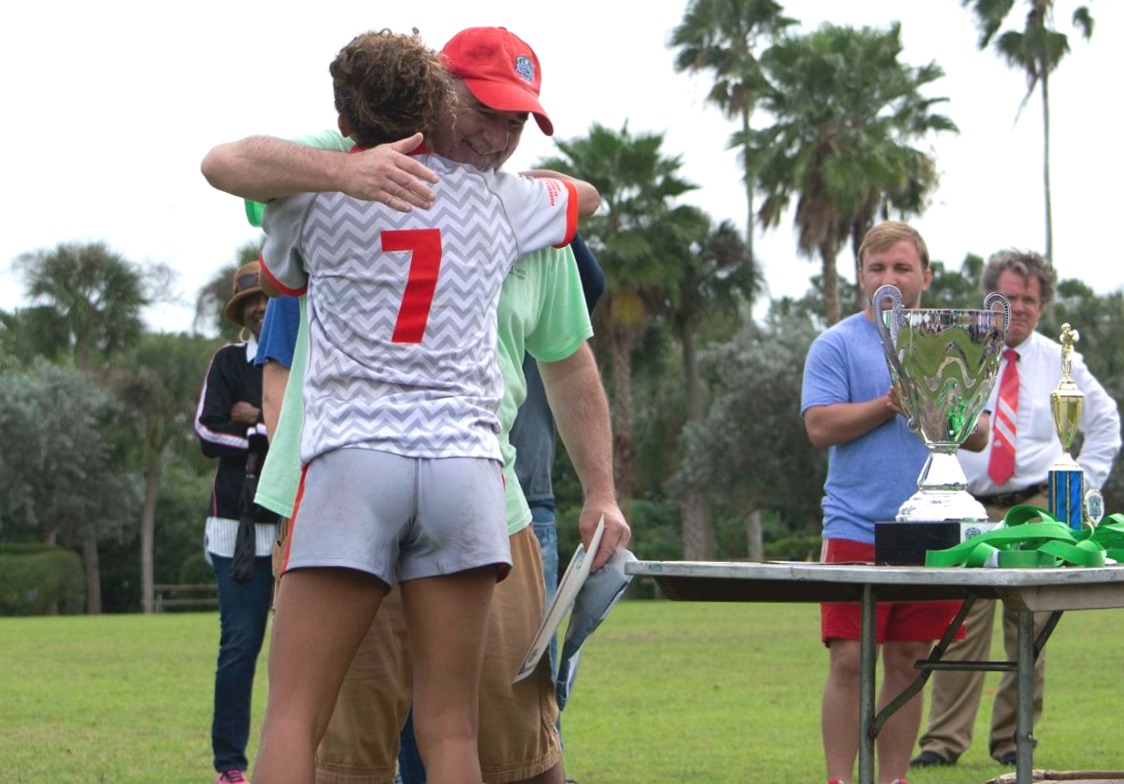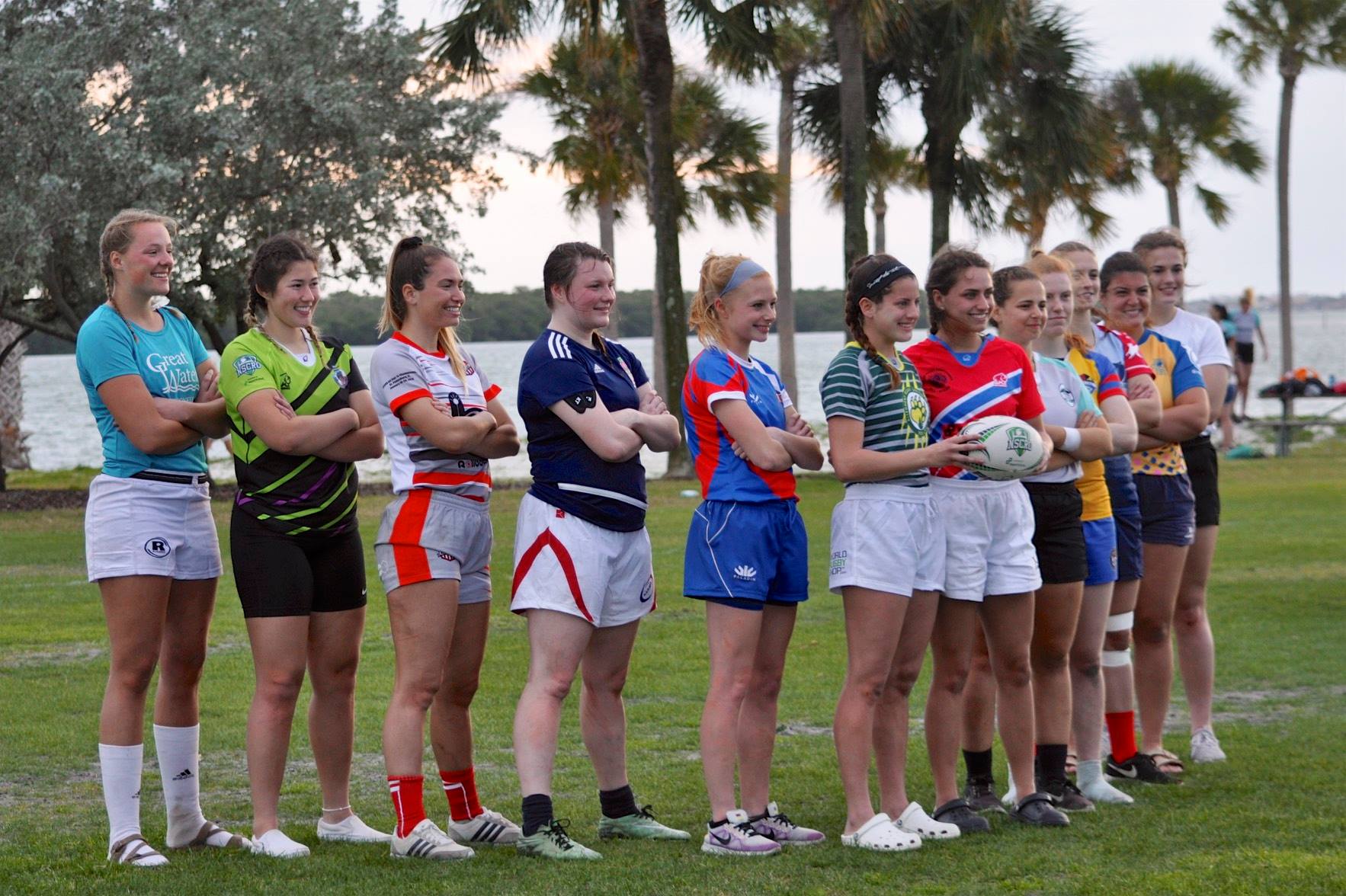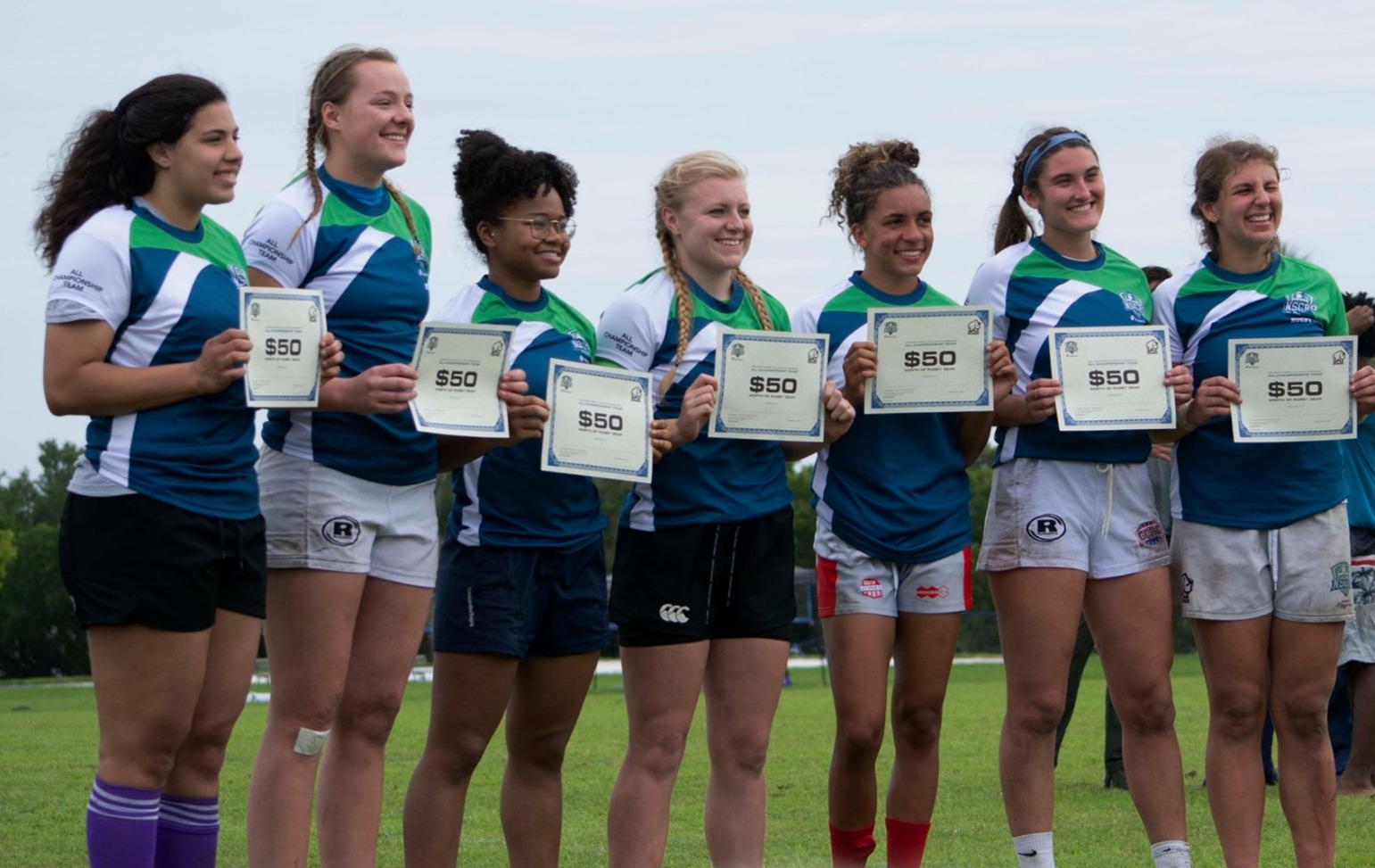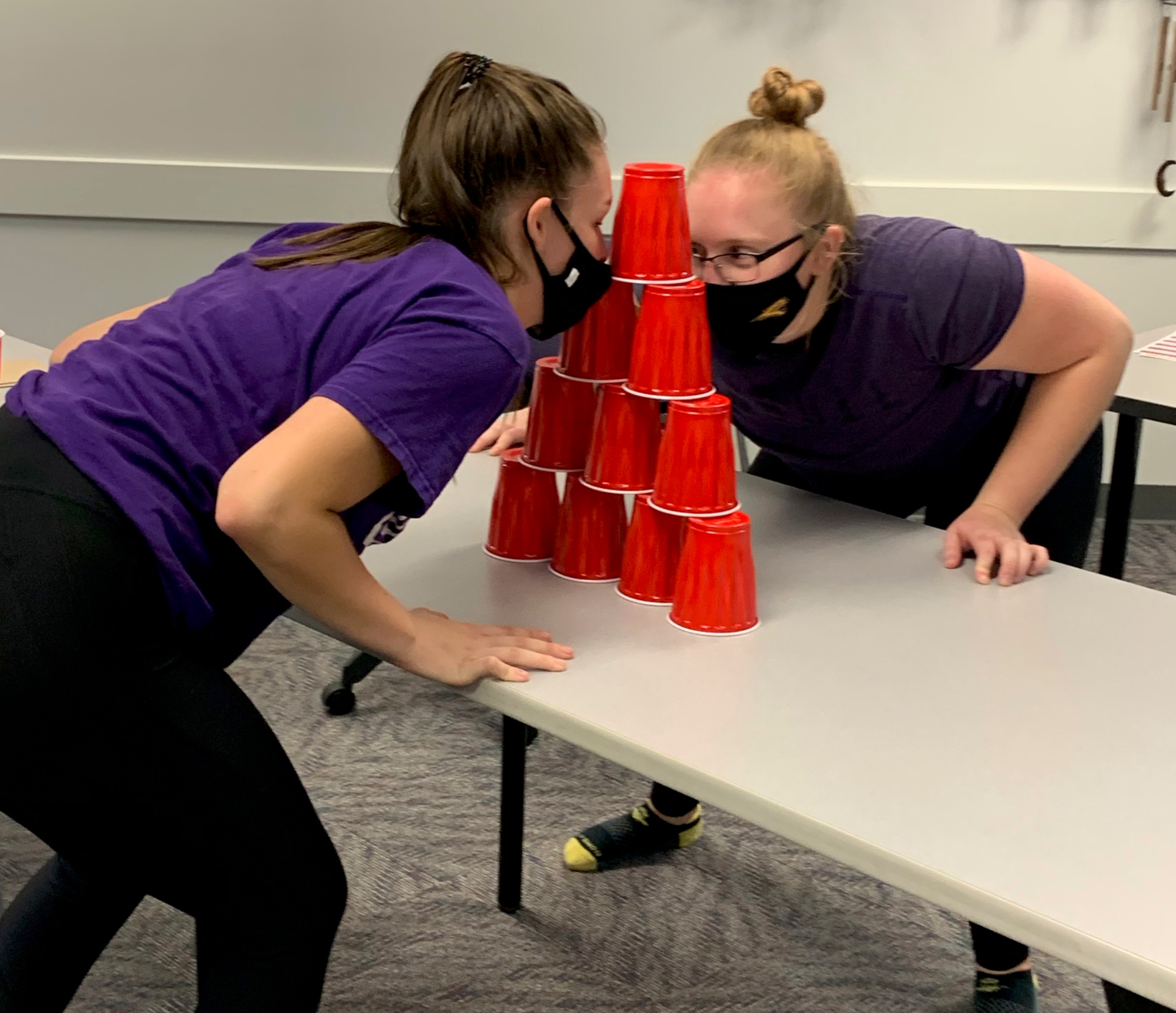Bryn Chivers built a home for women’s teams in the National Small College Rugby Organization (NSCRO), now named National Collegiate Rugby (NCR). The South Dakotan spent six years bringing structure and opportunity to a segment of the U.S. rugby population that otherwise had to fight for attention. Chivers retired from NCR earlier this year, leaving behind a growth-oriented legacy, and looking forward to more time with the University of South Dakota women’s team.
“I had a great opportunity to make some wonderful programs,” Chivers said after stepping down from NCR this past summer. “When I started there was no women’s 7s [championship], and the women’s 15s [championship] was being played in a municipal park in New Jersey. There were no select sides or all-star teams – none of that existed. So every year the goal was to add or expand something, or upgrade it, like changing the location of the 15s [finals] to something more befitting a national championship.”
Chivers has coached at every level of the game, from national teams to high schoolers, and understands player pathways and scouting. As NSCRO Women’s Commissioner, he created the 7s national championship, “from six teams that I begged to be there to 80 teams vying for 16 spots,” Chivers said. The 15s national championship is held at Life University’s quality facilities, and the live-streamed final four games are free to the public. He created the All-Star 7s Championship, which occurs in St. Petersburg, Fla., every January and features up to 12 conference all-star teams from around the country. Selections to the NSCRO Select 7s team emerged from that event, and the all-stars played at tournaments like the Los Angeles Invitational and (now defunct) LVI and CRCs. Chivers also oversaw the creation of the all-star 15s team, which played the USA U20s en route to England.
“Every year there was the opportunity to grow women’s programming for small colleges, and every year people felt that we were moving forward, that we weren’t static. That it was true growth,” Chivers said.
There were, and still are, critics of NCR. As small colleges considered aligning with an organization that focused on them, there were ramifications for those teams’ local leagues. In less dense areas, losing a couple of teams to a different competition could devastate a schedule and threaten already vulnerable programs. There was a sentiment of poaching. But Chivers promoted “hybrid leagues,” which kept differently sized teams in the same regular season competition and then funneled them into different post-season paths. Hybrid conferences were also made possible because USA Rugby and NSCRO collaborated, so there was no conflict in local teams from different organizations playing each other. Today, however, that relationship does not exist, and once USA Rugby restructured after bankruptcy, and NSCRO morphed into NCR, teams and conferences were forced to align wholly with one organizing body or the other.
“I reached this point that was the combination of [former NCR CEO] Steve [Cohen] stepping away, someone I had collaborated with for these six years, and a shift in the organization,” Chivers explained his retirement, which occurred toward the end of the Covid-19 spring season. “With a board, the ability to be spontaneous and nimble in the way we reacted to different situations was probably going to go away. You have to be more responsible to what the board would like for their vision of the organization. And then Covid meant that in reality we were going to have less and not more. The combination of these things made me realize it would probably be years before we were able to get back to where we were, let alone add more or grow more. At my age – I’m in my 60s – I thought: It’s probably a good time to step away and let some fresh eyes take over.”
Angela Smarto joined NCR as commissioner of the newly created Open Division, an expansion league that is open to schools with larger enrollments. The duo and Great Waters conference commissioner Stephanie Desens started talks of a fall virtual season.
“When I was still with NCR, I knew we needed to have something in the fall. We needed to have services,” Chivers said. “I laid out some things that could be done for the men’s and women’s sides. The guys had good connections to create coaching workshops, like RUNY. For the women, I was talking to Smarto and especially Stephanie about the idea of a virtual rugby season. The heavy lifting was by Desens initially, then by Smarto, and I was the link in all that.
“The idea was that teams could work on things that would then allow the rugby community to stay connected through a difficult fall,” the coach continued. “So once I stepped down [from NCR], it was about committing my own team to participate in that.”






